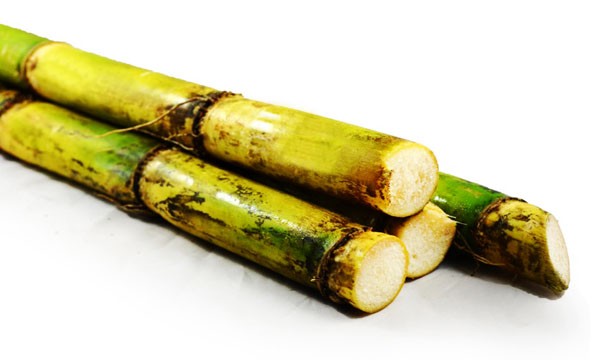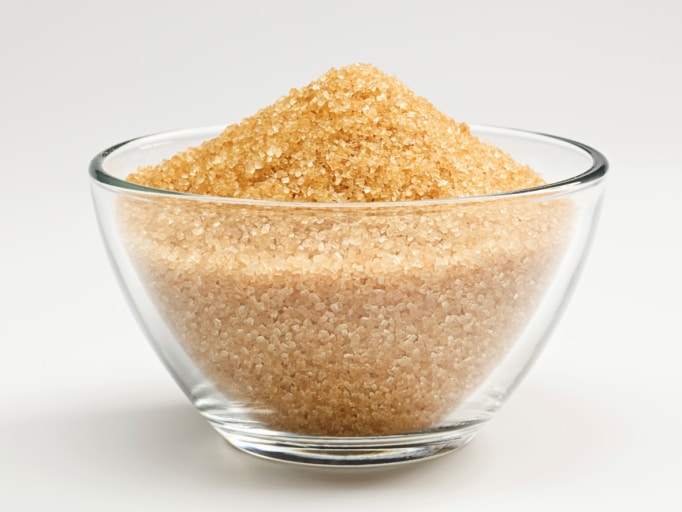The Journey of Cane Sugar Processing: From Harvest to Crystals
The Journey of Cane Sugar Processing: From Harvest to Crystals
Blog Article
An In-depth Summary of the Health And Wellness and Economic Implications of Walking Stick Sugar Handling on Neighborhood Neighborhoods
Walking cane sugar handling plays a critical role in shaping the financial landscape of neighborhood areas, using job opportunity and promoting ancillary sectors. Nevertheless, the wellness ramifications connected with high sugar usage can not be overlooked, as they add to climbing prices of weight problems and diabetes mellitus. This nuanced dynamic invites an important examination of how communities can optimize economic gains while addressing journalism health and wellness difficulties they deal with. The expedition of sustainable techniques and educational initiatives may just hold the key to resolving these contrasting rate of interests. What strategies might communities carry out to accomplish this balance?
Economic Advantages of Cane Sugar Processing
Walking cane sugar processing provides significant economic advantages that expand beyond the immediate farming field. The farming and processing of sugarcane produce numerous work possibilities, from farming to manufacturing and circulation. This work generation not just supports neighborhood economic climates yet likewise fosters community growth by giving secure earnings sources for family members.
In addition, the sugar market promotes supplementary organizations, including transportation, tools supply, and packaging solutions (Cane Sugar Processing). As these industries expand, they contribute to a much more robust financial structure, enhancing total community resilience. The export capacity of processed cane sugar further magnifies economic benefits, placing areas as competitive gamers in global markets
Investment in contemporary handling centers can lead to increased productivity and performance, consequently lowering waste and maximizing source usage. This shift not just profits the regional economic situation but also sustains sustainability efforts by lessening ecological impacts.
Furthermore, the profits produced from cane sugar handling can be reinvested in local infrastructure, education and learning, and medical care, promoting all natural neighborhood development. Generally, the economic benefits of walking cane sugar handling are complex, giving a foundation for sustaining prosperity in farming regions.
Health And Wellness Threats Connected With Sugar Intake
Excessive sugar usage poses considerable health and wellness dangers that warrant significant focus. High intake of included sugars, particularly from processed foods and drinks, has actually been linked to many health and wellness difficulties.
Additionally, high sugar intake is related to heart disease. Elevated blood sugar degrees can bring about insulin resistance, a precursor to numerous heart-related concerns. In addition, sugar can have harmful impacts on dental wellness, resulting in cavities and gum tissue illness, as germs in the mouth thrive on sugar, producing acids that wear down tooth enamel.
Furthermore, emerging research study suggests a prospective link in between high sugar consumption and mental health problems, such as depression and stress and anxiety. As areas face these health and wellness risks, it ends up being important to promote understanding and urge healthier nutritional options. Dealing with sugar intake is vital not just for specific health and wellness yet additionally for the overall well-being of neighborhood areas, highlighting the demand for extensive public wellness methods.
Environmental Impacts of Sugar Production
Regularly forgotten in conversations concerning sugar's ramifications is the significant ecological effect of sugar production. The cultivation of sugarcane typically requires substantial land use, bring about deforestation, loss of biodiversity, and disruption of neighborhood ecosystems. The conversion of woodlands and marshes right into sugar haciendas can cause habitat devastation, harmful many species and altering environmental equilibrium.
Furthermore, sugar manufacturing is resource-intensive, consuming considerable quantities of water for irrigation. This can result in exhaustion of local water sources, negatively influencing both agricultural practices and area access to tidy water. Furthermore, using chemical fertilizers and chemicals in sugarcane farming can add to dirt deterioration and water pollution, as overflow from these chemicals goes into nearby rivers content and lakes, impacting marine life and human health.
The environmental footprint includes the processing phase, where power usage and waste generation more exacerbate ecological issues. Air contamination from burning sugarcane areas, together with greenhouse gas emissions, add to environment modification. Because of this, the environmental ramifications of sugar production warrant severe factor to consider, prompting stakeholders to adopt even more lasting methods to alleviate these adverse effects on local communities and communities.
Job Creation and Community Development
The environmental challenges positioned by sugar production are usually reversed by its possibility for economic benefits, specifically in job creation and neighborhood growth. The cane sugar industry offers as a considerable source of work in several backwoods, offering work throughout various ability levels, from farming labor to processing and distribution functions. This work not only sustains specific family members yet also adds to the total financial vigor of local areas.
Additionally, the facility of sugar processing centers promotes ancillary organizations, such as transportation solutions, tools supply, and maintenance carriers. As these services grow, they produce additional work and reinforce local economic situations. The earnings created from the sugar market likewise causes raised tax incomes, which can be reinvested into neighborhood services such as facilities, healthcare, and education development.
Additionally, the sugar industry often takes part in area advancement campaigns, such as supporting regional schools and health programs, thereby enhancing the quality of life for citizens. By fostering strong community connections and advertising economic growth, the walking stick sugar processing industry plays a vital function in uplifting local populaces, making it an important element of lasting growth techniques in sugar-producing regions.
Balancing Health And Wellness and Economic Growth
In navigating the intricacies of cane sugar handling, a crucial challenge exists in balancing health factors to consider with economic growth. The sugar market significantly contributes to local economic climates by producing tasks, promoting relevant markets, and raising tax earnings. Nonetheless, the health and wellness ramifications related to too much sugar consumption can bring about persistent illness such as obesity, diabetes mellitus, and cardio issues, which can problem public health and wellness systems and lessen labor force efficiency.

In addition, regulative frameworks can play a pivotal function in leading sector practices towards more lasting and health-conscious strategies. By fostering partnership between federal government bodies, wellness organizations, and the sugar market, neighborhoods can navigate the dichotomy of health and economic development, making more information sure that the advantages of walking cane sugar processing are equitably shared while focusing on public wellness.
Verdict
Finally, the handling of walking cane sugar offers both substantial economic advantages and notable wellness threats for local communities. While it cultivates task development and promotes local advancement, the connected health problems, particularly pertaining to obesity and diabetic issues, demand a careful harmonizing act. By advertising liable consumption and investing in community education and lasting practices, it is feasible to make best use of economic benefits while decreasing damaging wellness effects, thus making sure a much healthier future for neighborhood populations.
Additionally, sugar can have destructive effects on dental health, resulting in dental caries and gum tissue disease, as microorganisms in the mouth thrive on sugar, generating acids that wear down tooth enamel.
Attending to sugar consumption is vital not just for individual health but likewise for the total wellness of local neighborhoods, emphasizing the demand for comprehensive public health and wellness click this link approaches.
Regularly forgotten in conversations about sugar's implications is the considerable ecological effect of sugar production. The health effects associated with excessive sugar consumption can lead to chronic illness such as weight problems, diabetic issues, and cardio issues, which can concern public wellness systems and lessen workforce efficiency.

Report this page